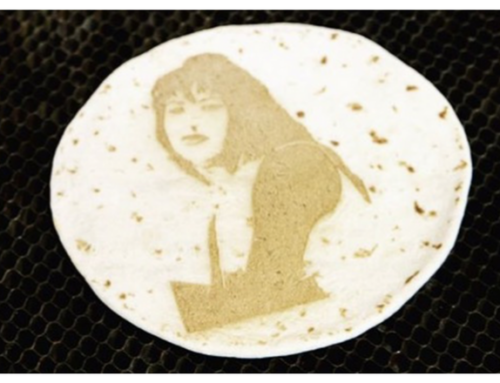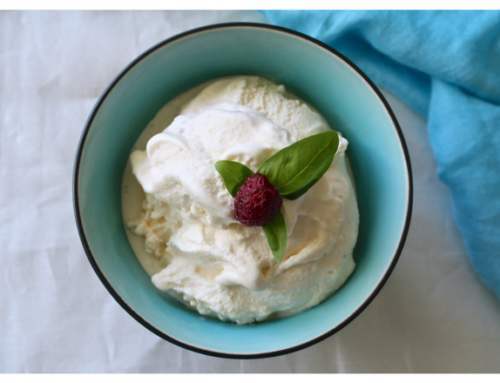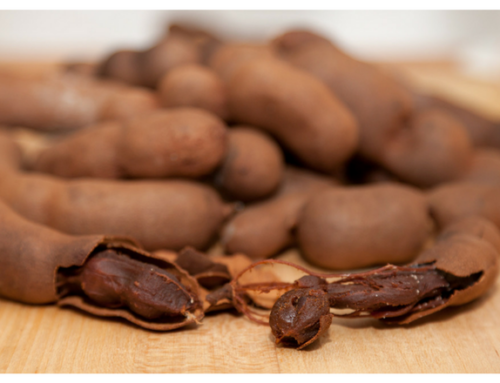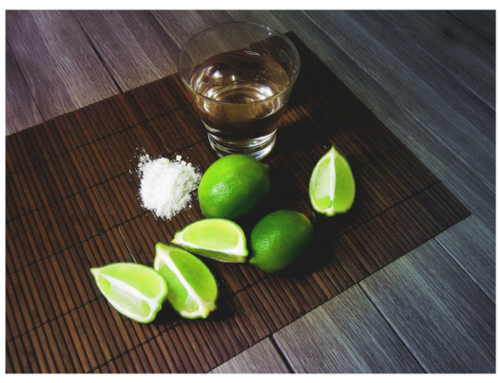Although rich in oil, Venezuela is being forced to import the most important ingredient in the Venezuelan diet: corn.
Related: Shocking Images Show Venezuelans Starving for Justice
“I think it’s a disgrace,” said Venezuelan-born chef Miguel Aguilar of the main ingredient in his beloved arepa, a corn flour patty stuffed with anything from meats to cheeses and vegetables. Corn flour is more expensive these days as the country faces food shortages and high inflation amid an economic and political crisis.
“Why does a country that can grow corn have to import it?” said Aguilar. “I don’t understand that. It’s hurting the economy. It’s hurting the Venezuelan people.”
The cost of corn flour skyrocketed to unaffordable levels as the government set a low price that does not meet the cost of production. Another problem: the agricultural sector of this South American country is not as developed as its oil market.
“Venezuela is not a food sufficient country,” said Mahadev Bhat, Director at Florida International University’s Agroecology Program. The country imports most of its food — meats, fruits, vegetables and even bread.
“In oil rich countries, traditionally they tend to focus on that one commodity that brings so much export earning and other sectors become neglected,” said Bhat. As oil prices went down, the government was no longer able to provide food and welfare subsidies, Bhat added. [pagebreak]
Venezuela could have seen this coming. According to a report from the Economic Intelligence Unit, the country was having a problem with food security for years.
“A stable and well-functioning policy environment is crucial for food security,” the 2016 report says, adding that Venezuela was “the weakest performer among high-income nations globally.” (The Global Food Security Index looks at affordability, availability, and quality among 113 countries. Venezuela scored 60.)
Aguilar’s entire family still lives in Venezuela, many of whom are trying to get out as food rations and malnourishment are on the rise. Families are forced to get creative when it comes to finding ingredients for their meals. Aguilar said his mother spends an entire day shopping for groceries, searching through at least seven different supermarkets in the hopes they have at least one or two items for meals.
For Venezuela’s food problem to improve, the government must focus on improving its agriculture sector.
“If the oil market doesn’t take another tumble, they can turn this around in another two to three years,” Bhat estimates. “I don’t think it can be 100% food sufficient and stop importing food, but it can ease the problem if they put money into agriculture. But that’s a long term project. They need to stabilize the economy first.”
Aguilar is holding onto his memories of the outdoor farmers market with its vibrant colors and produce.
“Venezuelans are strong,” Aguilar said. “They may not eat arepa today but they’ll eat arepa tomorrow.”
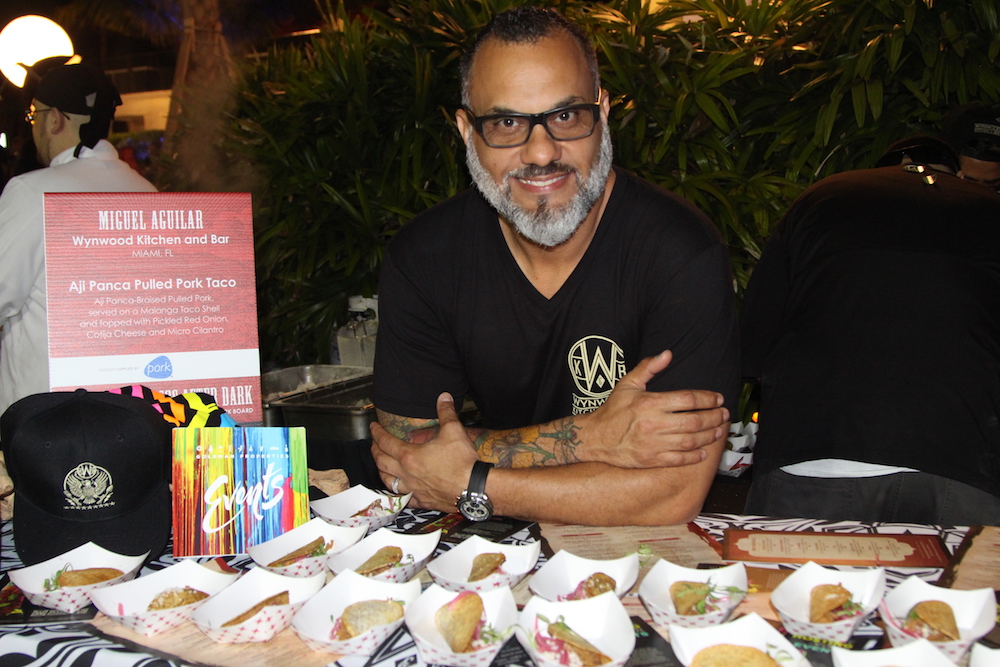
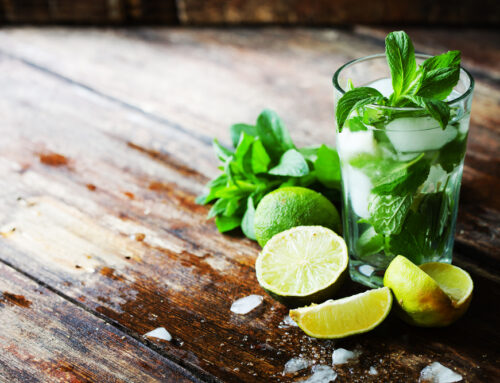
![Making Mealtime Matter with La Familia: Easy Sofrito [Video]](https://thelatinkitchen.com/wp-content/uploads/2015/10/sofrito-shutterstock__0-500x383.jpg)
![Easy Latin Smoothies: Goji Berry Smoothie [Video]](https://thelatinkitchen.com/wp-content/uploads/2015/12/goji_berry-shutterstock_-500x383.jpg)
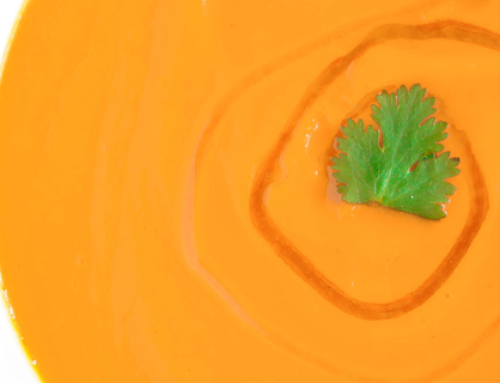
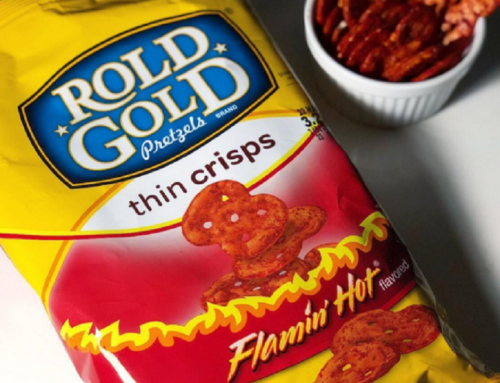
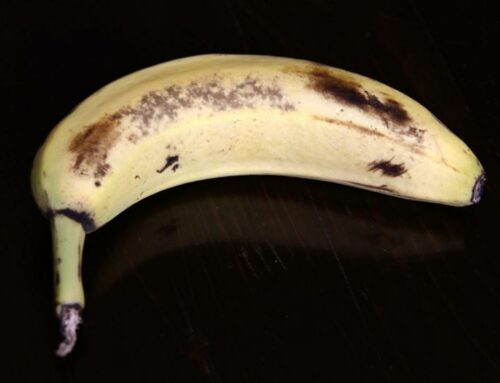
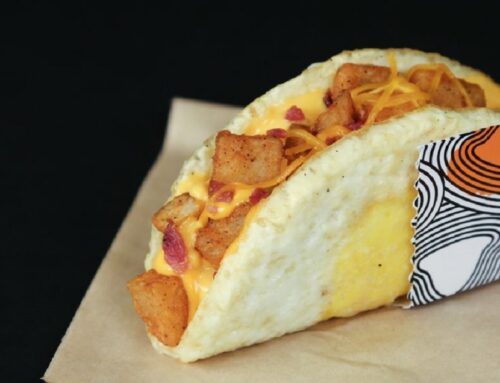

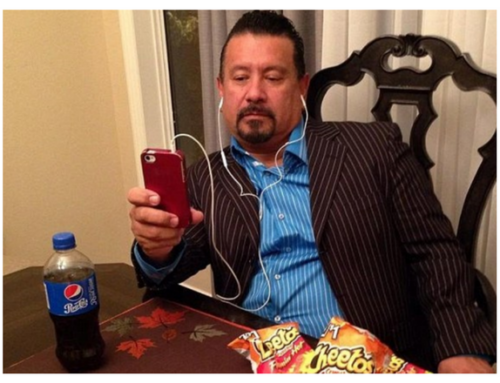
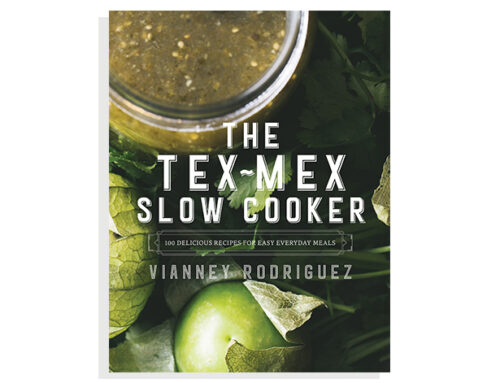
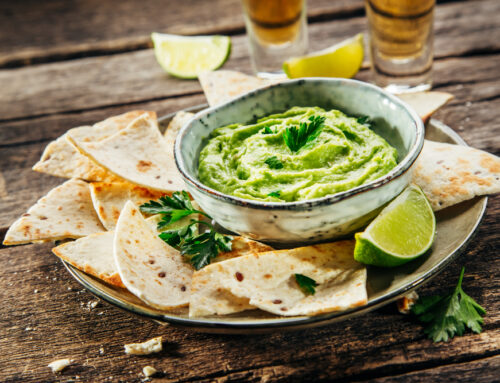

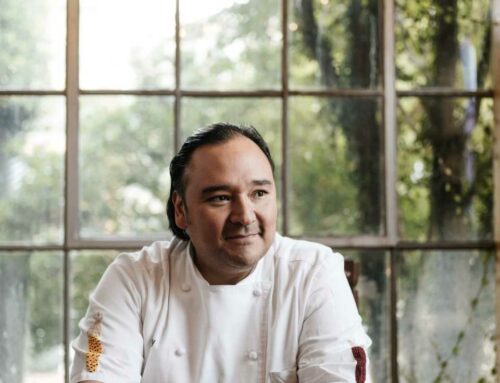

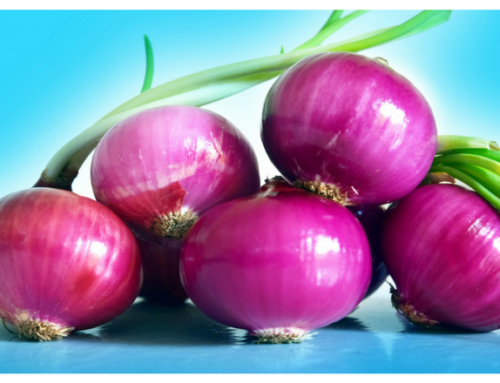



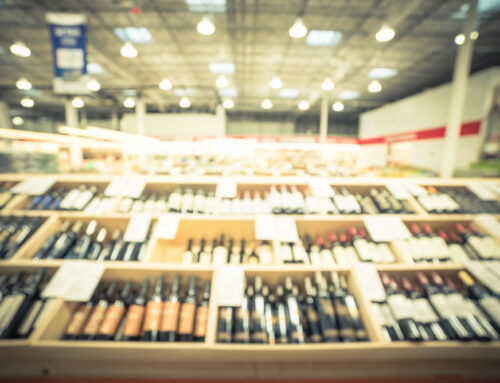
![Fun and Fast Recipes: Fiesta Cabbage Salad [Video]](https://thelatinkitchen.com/wp-content/uploads/2015/11/fiesta_cabbage_slaw-shutterstock_-500x383.jpg)
